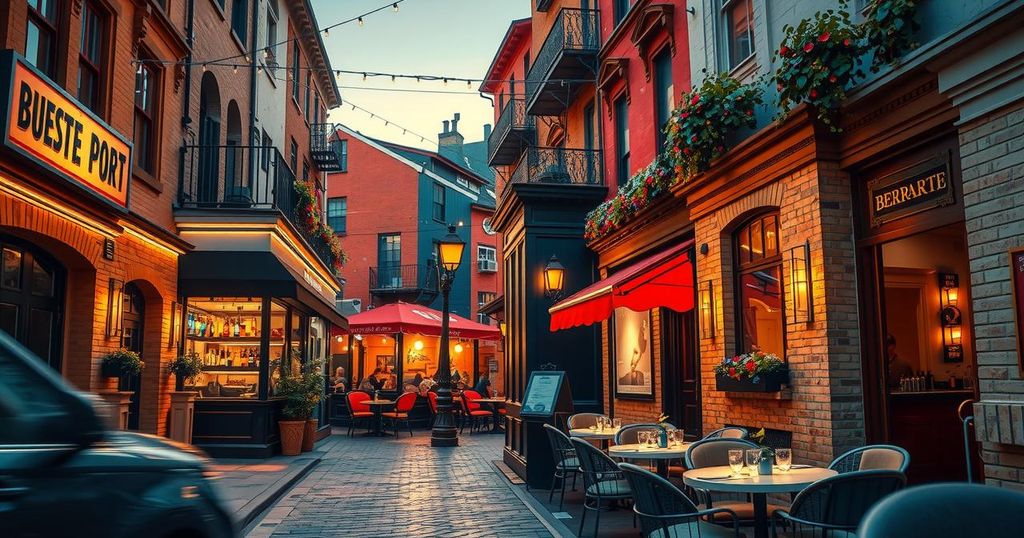Syria Reverses Bar Closures in Christian Areas of Damascus Amid Public Outcry

Syrian authorities reversed closures of bars and restaurants in Christian areas of Damascus after public outcry. The initial closures were due to lack of proper licenses, prompting community leaders to advocate for their cultural preservation. Officials issued an order for the immediate reopening of these establishments following the backlash.
The Syrian authorities have rescinded their decision to close bars and restaurants that serve alcohol in predominantly Christian areas of Damascus following significant public backlash. Witness reports and a local news outlet, Enab Baladi, confirm that closures had occurred due to establishments lacking necessary licenses, which led to uproar on social media.
The initial closures affected approximately a dozen venues in Damascus’s Old City, all of which were allegedly operating without proper authorization to sell alcoholic beverages. Enab Baladi reported on an official directive that ordered the shutdown of numerous restaurants in Christian neighborhoods, specifically targeting around 250 establishments.
In response to the community outcry, officials later issued a decree for the “immediate reopening” of these bars and restaurants. George, a bar owner in Bab Sharqi, described how police and municipal patrols intensified efforts to close unlicensed establishments, ultimately worsening the situation in the district.
Local residents, including Jenny Wheibe, a waitress, criticized the closures as “unjustified”, particularly given the timing ahead of Easter and Eid al-Fitr. Ziad Isaac, a shop worker in Bab Tuma, emphasized the need for the preservation of their cultural identity, reflecting a collective sentiment for respect toward minority rights amidst the Muslim majority’s preferences.
In summary, the Syrian authorities’ decision to initially close bars in Christian areas of Damascus faced backlash, prompting an immediate reversal after community protests. The closures were viewed as a threat to cultural identity and livelihoods, resulting in significant public discourse regarding the protection of minority rights in the region. The situation highlights the delicate balance of maintaining social harmony among diverse religious groups in Syria.
Original Source: www.newarab.com








